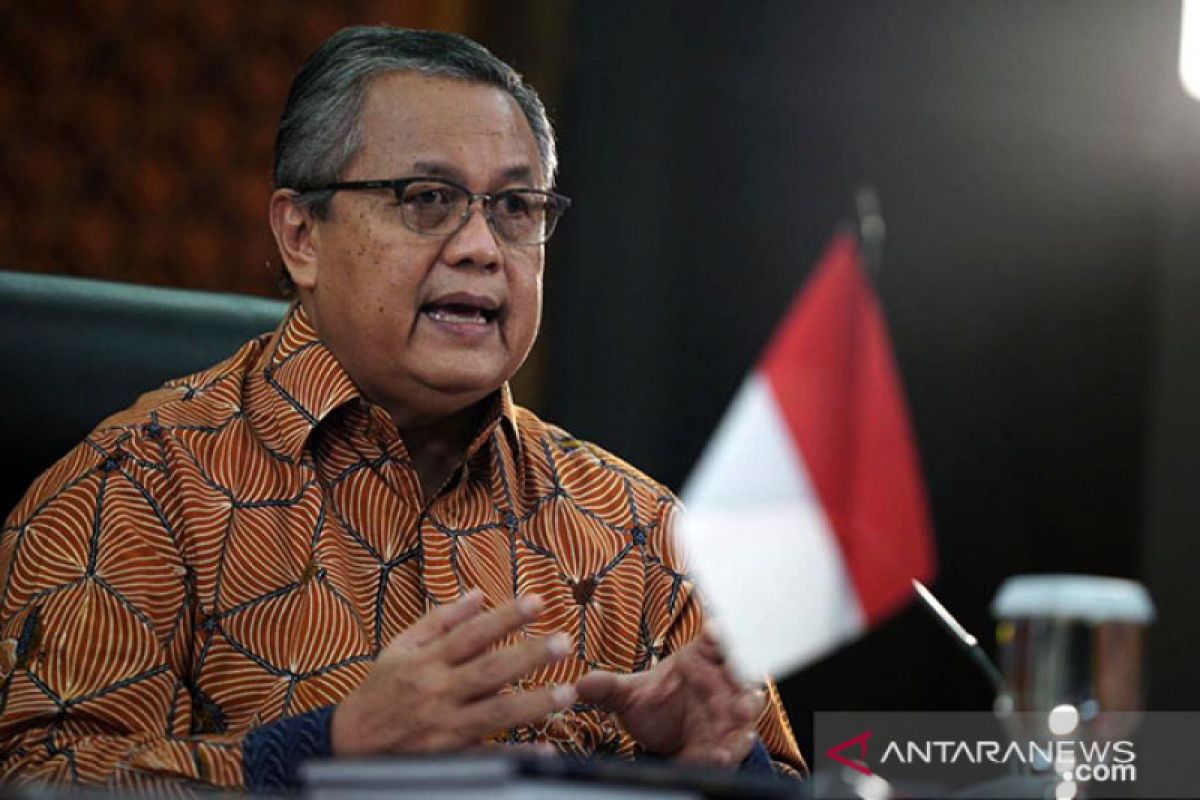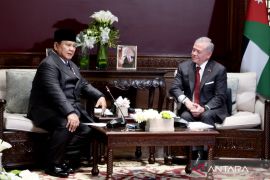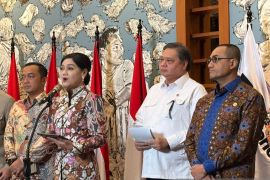The resilience of Indonesia's external sector in the third quarter of 2020 remains strong amid the dynamic adjustment of foreign capital flows in the domestic financial marketJakarta (ANTARA) - Bank Indonesia (BI) has estimated capital outflows from the country in the second week of September, 2020 to reach US$0.75 billion over uncertainty about financial markets due to global and domestic factors.
"The resilience of Indonesia's external sector in the third quarter of 2020 remains strong amid the dynamic adjustment of foreign capital flows in the domestic financial market," BI Governor Perry Warjiyo said after a meeting of BI’s board of governors here on Thursday.
As a matter of fact, the economy began to improve in July and August this year, with foreign capital inflows in the third quarter of 2020 reaching US$0.13 billion until the end of August, he stated.
The foreign capital inflows helped raise the country's foreign exchange reserves to US$137 billion by the end of August, 2020, he informed.
Related news: BI provides Rp662.1-trillion liquidity boost for banking system
Related news: Foreign debt grew at sluggish pace in July 2020: BI
The foreign exchange reserve is equal to 9.4 months of imports, or 9 months of imports and government foreign debt repayments, and is above the international adequacy standard of three months of imports, he said.
The balance of trade in August, 2020 also witnessed a surplus of US$2.33 billion after recording a surplus of US$3.24 billion a month earlier, he revealed.
“Looking ahead, the current account deficit throughout 2020 will likely remain low, at below 1.5 percent of the GDP (gross domestic product), so it will lend support to the resilience of the external sector,” he said.
The low current account deficit is expected to support the appreciation of the rupiah's exchange rate which came under pressure in the August-September period due to global factors and domestic risks, he said.
By September 16, 2020, the rupiah lost 1.58 percent compared to the end of July, 2020, or 6.42 percent compared to the end of December, 2019, he added.
“The rupiah's exchange rate will potentially strengthen again as its fundamental is still undervalued, fueled by low and controllable inflation, low current account deficit, high attractiveness of domestic financial assets and declining risk premium,” he predicted.
Related news: Improvement in retail sales in July despite contractionary phase: BI
Related news: Digitalization pushes economy to emerge from pandemic: BI
Translator: Dewa Ketut SW/Suharto
Editor: Sri Haryati
Copyright © ANTARA 2020












